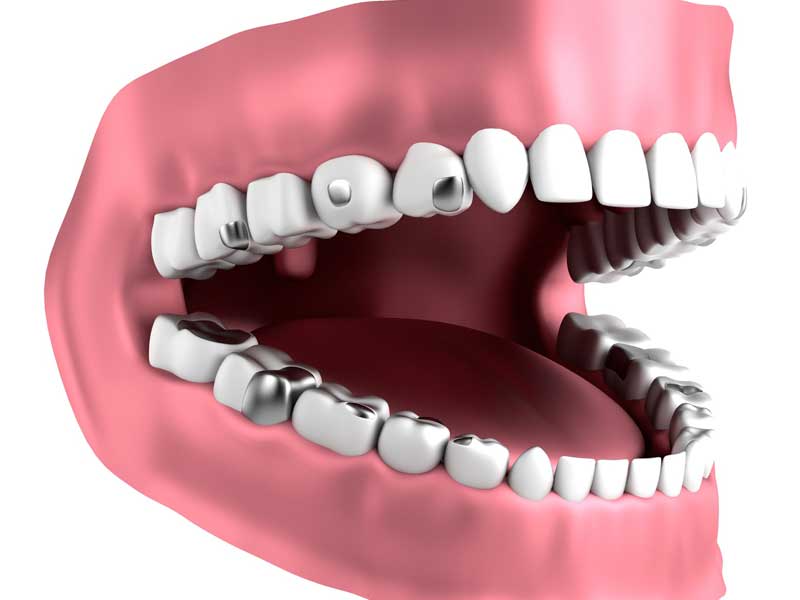
12
Apr
What Is A Full Mouth Reconstruction? | Quality Dentist in Riverside

Those with severe and multiple dental problems may not only need a single dental treatment, but one that tackles their problems as a “whole” via a full mouth reconstruction.
As the name suggests, full mouth reconstruction is a process where the patient’s mouth undergoes a series of treatment to restore the mouth’s function and structure. Though, in many cases, the mouth’s function, structure, and most especially, esthetics, are actually improved as a result of the procedure.
Who Are Good Candidates For It?
Being a combination of a number of restorative, neuromuscular and cosmetic procedures, a full mouth reconstruction’s goal is to restore and even improve how the look of the patient’s teeth, as well as its structure and overall function. This holistic approach is necessary because each one has a direct effect onto the other.
For example, those with broken teeth may experience problems with their bite. This can make chewing a bit more difficult than usual, which then creates premature wear and tear on your teeth. Eventually, this lead to all sorts of pain, from the head, to the jaw, ears, eyes and even the neck.
There are many other cases where the esthetics of a patient’s teeth, or the lack thereof, have a huge effect on the mouth’s function and structure
Most of the time, a full mouth restoration is recommended for those who have a lot of missing teeth. This is especially true for those who’ve had missing teeth for quite some time. Those who have several discolored, worn out, chipped and broken teeth also make for good candidates for a full mouth restoration.
A full mouth reconstruction may also be necessary for those who’ve been experiencing chronic pain, or a clicking or popping sound in their jaws. Those who’re suffering from frequent headaches and back pain may also benefit from a full mouth reconstruction.
Where To Begin
Each full mouth reconstruction is unique, each engineered to cater to the needs, goals and preferences of the patient.
To know the scope of the full mouth reconstruction, it is best to have your dentist evaluate the overall status of your oral health. This means having your teeth, gums and jaws checked thoroughly. This should help give your dentist a better idea on what type of treatments are necessary or available.
After this, your dentist will be able to discuss with you the different types of treatment available. Your dentist may also take this time to ask you about what goals you have in mind. Be honest and don’t forget to ask about the overall costs of the procedure, as well as what your dental insurance covers. Of course, you should also ask for a timeframe for the whole process, as well as each procedure involved therein.
The discussion should also allow your dentist to know which type of professional they will have to refer you to for the specific care that you’ll need. Though, in many cases, dentists will usually refer their patients to Prosthodontists, or at least consult with them. This is because these dentists have received additional training and education to better handle the complexities that come with a full mouth reconstruction.
Of course, the amount of work involved in a full mouth reconstruction is daunting. This is especially true once you think of the costs involved and how long the treatment takes. Still, you shouldn’t really think too far ahead and instead, worry about taking the initial step, which is to speak with your dentist to see if you’re actually a good candidate for a full mouth reconstruction and if so, what procedures and treatments are involved.
If you’re interested in seeing if you would be an ideal candidate for a full mouth reconstruction, contact Dr. Gerald Middleton, DDS in Riverside, CA at (951) 688-3442 to schedule a consultation today. Or visit www.gmdental.com for additional information regarding full mouth reconstructions.
Join Our 5 Star Community!



